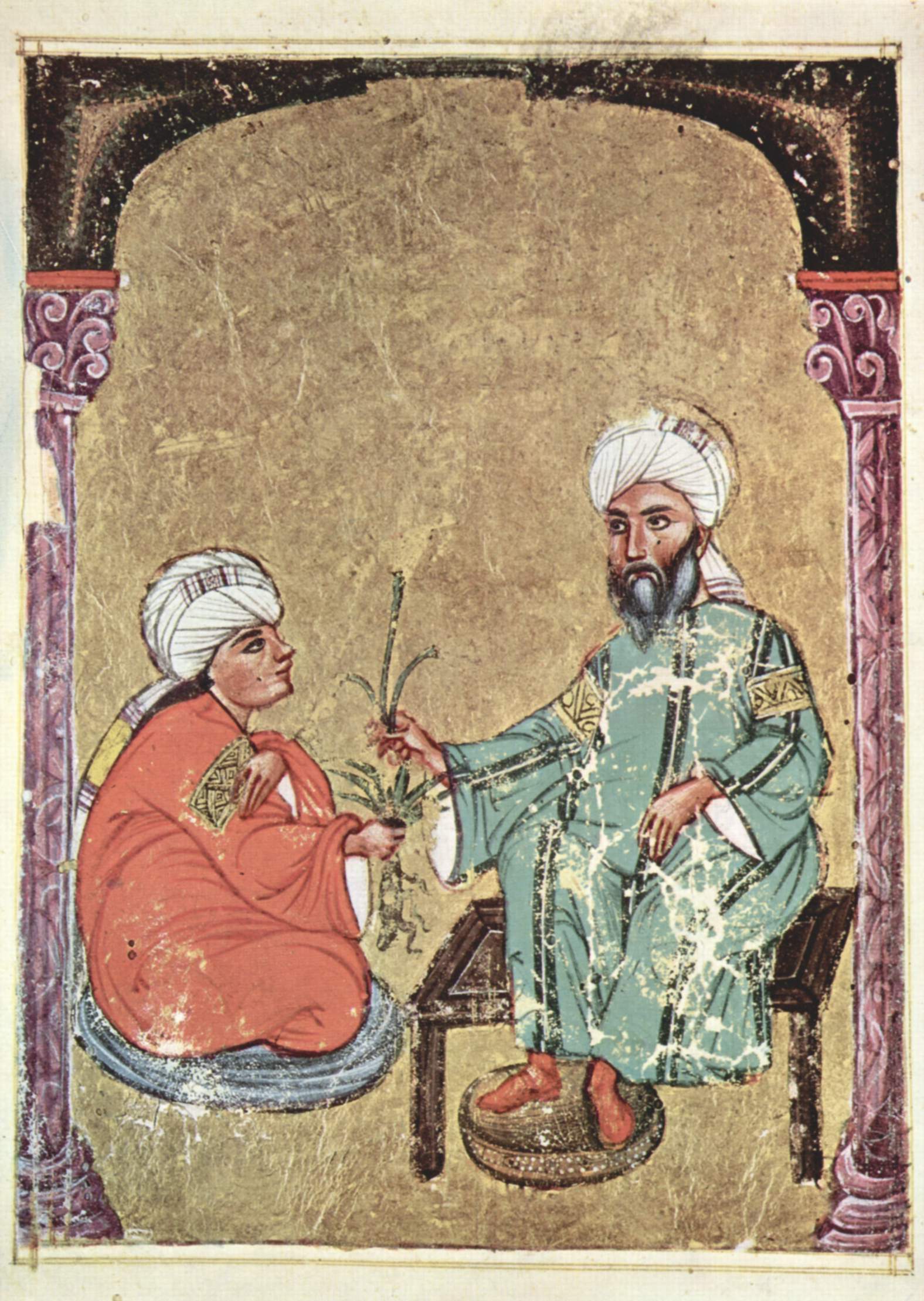|
Medicine In The Medieval Islamic World
In the history of medicine, "Islamic medicine" is the science of medicine developed in the Middle East, and usually written in Arabic, the '' lingua franca'' of Islamic civilization. Islamic medicine adopted, systematized and developed the medical knowledge of classical antiquity, including the major traditions of Hippocrates, Galen and Dioscorides. During the post-classical era, Middle Eastern medicine was the most advanced in the world, integrating concepts of ancient Greek, Roman, Mesopotamian and Persian medicine as well as the ancient Indian tradition of Ayurveda, while making numerous advances and innovations. Islamic medicine, along with knowledge of classical medicine, was later adopted in the medieval medicine of Western Europe, after European physicians became familiar with Islamic medical authors during the Renaissance of the 12th century. Medieval Islamic physicians largely retained their authority until the rise of medicine as a part of the natural sciences, be ... [...More Info...] [...Related Items...] OR: [Wikipedia] [Google] [Baidu] |
Medieval Medicine Of Western Europe
Medieval medicine in Western Europe was composed of a mixture of pseudoscientific ideas from antiquity. In the Early Middle Ages, following the fall of the Western Roman Empire, standard medical knowledge was based chiefly upon surviving Greek and Roman texts, preserved in monasteries and elsewhere. Medieval medicine is widely misunderstood, thought of as a uniform attitude composed of placing hopes in the church and God to heal all sicknesses, while sickness itself exists as a product of destiny, sin, and astral influences as physical causes. On the other hand, medieval medicine, especially in the second half of the medieval period (c. 1100–1500 AD), became a formal body of theoretical knowledge and was institutionalized in the universities. Medieval medicine attributed illnesses, and disease, not to sinful behaviour, but to natural causes, and sin was connected to illness only in a more general sense of the view that disease manifested in humanity as a result of its fallen sta ... [...More Info...] [...Related Items...] OR: [Wikipedia] [Google] [Baidu] |
Ancient Rome
In modern historiography, ancient Rome refers to Roman civilisation from the founding of the city of Rome in the 8th century BC to the collapse of the Western Roman Empire in the 5th century AD. It encompasses the Roman Kingdom (753–509 BC), Roman Republic (509–27 BC) and Roman Empire (27 BC–476 AD) until the fall of the western empire. Ancient Rome began as an Italic settlement, traditionally dated to 753 BC, beside the River Tiber in the Italian Peninsula. The settlement grew into the city and polity of Rome, and came to control its neighbours through a combination of treaties and military strength. It eventually dominated the Italian Peninsula, assimilated the Greek culture of southern Italy ( Magna Grecia) and the Etruscan culture and acquired an Empire that took in much of Europe and the lands and peoples surrounding the Mediterranean Sea. It was among the largest empires in the ancient world, with an estimated 50 to 90 million inhabitants, roughly 20% of t ... [...More Info...] [...Related Items...] OR: [Wikipedia] [Google] [Baidu] |


